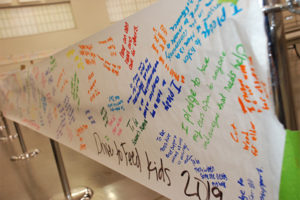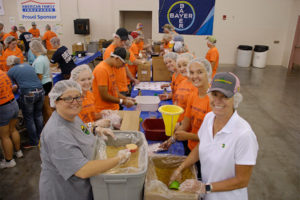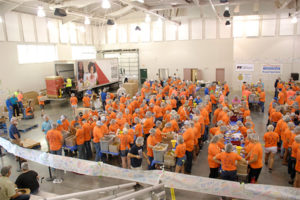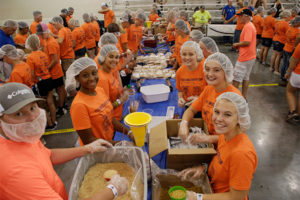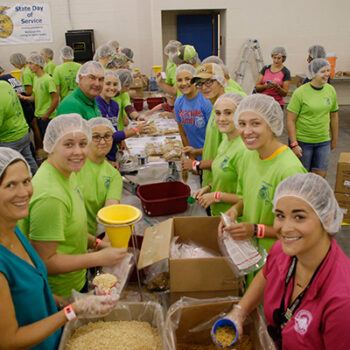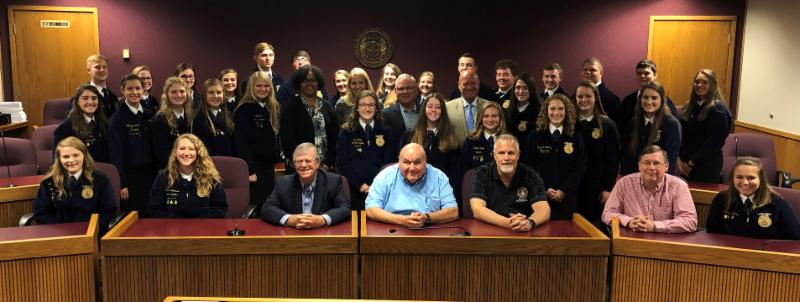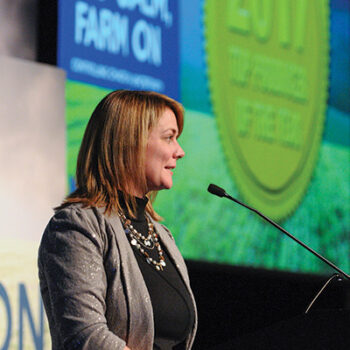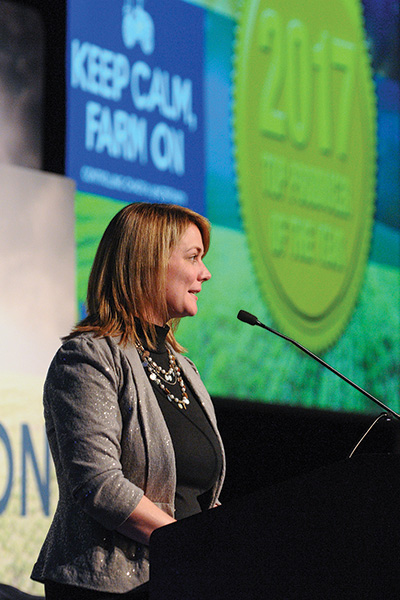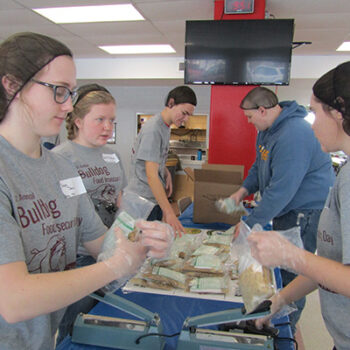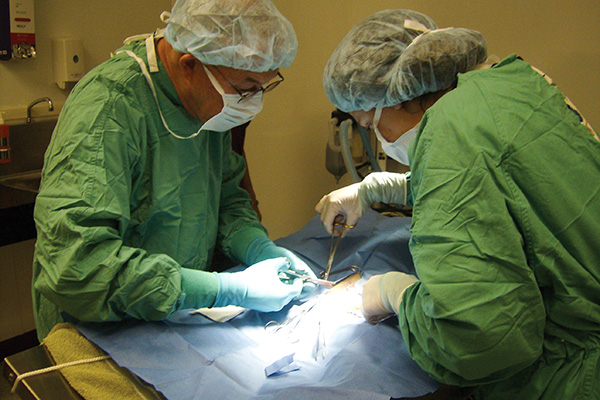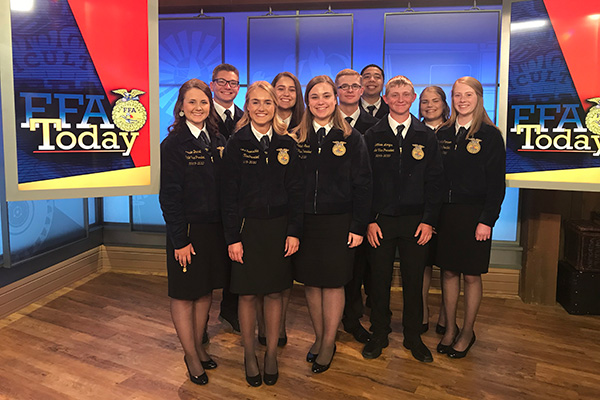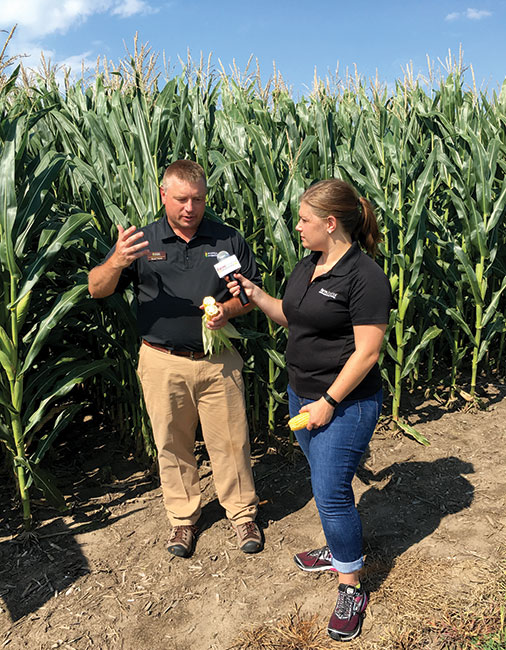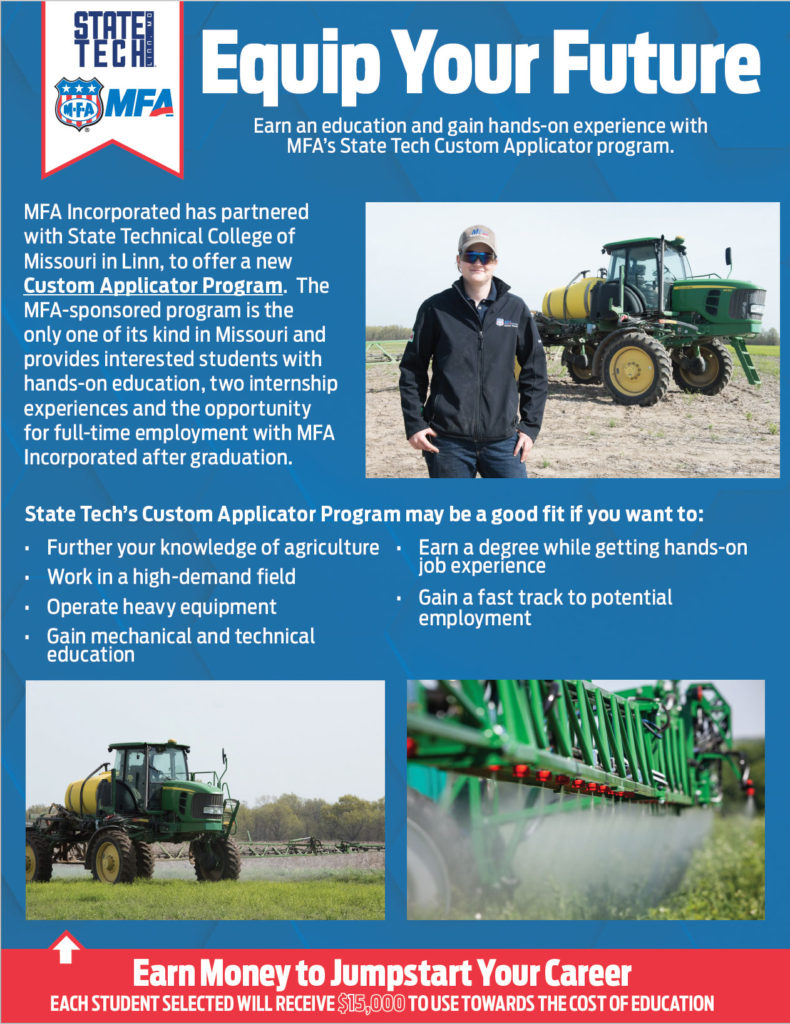Back to School
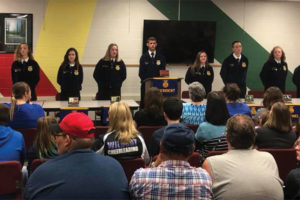 Back-to-school season can be an overwhelming time for parents and students alike. Between picking out classes, trying new sports and deciding on organizations to join, high school freshmen have an especially busy season on their hands. The Cass Career Center FFA Chapter officers noticed the effect this was having on their first-year members’ level of participation and took action by creating a Greenhand Information Night and Ice Cream Social to be held the second or third week of school to boost involvement.
Back-to-school season can be an overwhelming time for parents and students alike. Between picking out classes, trying new sports and deciding on organizations to join, high school freshmen have an especially busy season on their hands. The Cass Career Center FFA Chapter officers noticed the effect this was having on their first-year members’ level of participation and took action by creating a Greenhand Information Night and Ice Cream Social to be held the second or third week of school to boost involvement.
“The main goal is for Greenhands and their parents to see the opportunities in FFA and get excited for those opportunities,” said Jason Dieckhoff, a Cass Career Center FFA Chapter advisor. “We started hosting our Greenhand Information Night and Ice Cream Social in 2016. Our chapter officers started the event because the year prior, it took about half the year before Greenhand members felt very comfortable coming to chapter activities. We wanted to increase the participation level of Greenhands earlier in the year.” To build participation, the chapter began by increasing awareness of opportunities and events.
“We invite all new Greenhands, as well as their parents,” Dieckhoff said. “Chapter FFA officers start the evening with opening ceremonies and a president’s welcome. Our treasurer goes over the dues for the year and what dues pay for. The rest of the evening, Greenhands and their parents enjoy ice cream and toppings while going around to different stations to listen to chapter officers talk about opportunities in FFA and the ag program.”
These stations typically cover opportunities like chapter field trips, trapshooting, Supervised Agricultural Experiences, chapter fundraising, Career Development Events, Leadership Development Events and more.
Additionally, the event is meant to connect chapter officers with the Greenhand members. Coming from a larger school, the officers might not already know incoming freshmen. Building this relationship early in the year makes it easier for the officers to interact with Greenhands in the halls of the high school, during lunch or even at other school activities. Dieckhoff said the first-year students also enjoy hearing about events directly from the chapter officers themselves.
“Greenhands react better to their peers than to hearing opportunities from advisors or their parents,” he explained. “By letting Greenhands interact one-on-one with chapter officers, they feed off the enthusiasm of the officers and get excited about what they can do in FFA.”
Kara Vergouven, a second-year member of the Cass Career Center FFA Chapter, agreed and said the most memorable part of the evening was hearing from the officers. She attended the event last year.
“My favorite part about the Greenhand Night was talking to the previous FFA members and learning about all the different things that the organization had to offer. Listening to them had me even more excited about being a part of FFA and cleared up all the questions I had,” Vergouven said.
Dieckhoff said the event has accomplished its main purpose, and there has been an increase in Greenhand participation at events throughout the year. He also cited benefits such as increased parent communication and an established professional tone for their organization.
Vergouven said the Greenhand Information Night and Ice Cream Social increased her involvement because she was excited about pursuing the opportunities discussed.
“Before the event, I didn’t realize all the different activities they had,” she said. “Once I went and found out what they did, I went to most of the activities. Now, I encourage everyone to try FFA because I think they will like it very much.”
— By Brandelyn Martin






